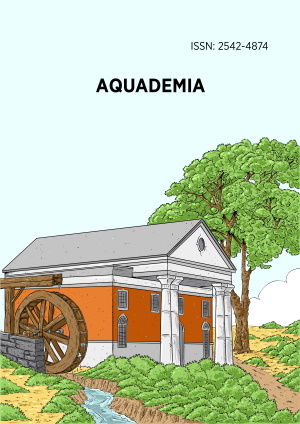Abstract
In this study, we investigated children’s representations of the land while they participated on a place-based environmental education program in a Brazilian rural school. Environmental education activities aimed to foster a critical understanding of children’s contextual reality as residents of a rural settlement associated with the Landless Workers’ Movement (MST). We focused our analysis in the representations of the land, due to the symbolism it carries for farmers and activists for agrarian reform. From the analysis of the materials produced in the activities and the field notes of participatory observation, we identified three categories in children’s representations: (I) land as the provider, (II) land as home and (III) land as the biodiversity. In these categories, we observed children understand land as a constituent of their contextual reality. These results reinforce the pedagogical potential of interacting with land, particularly in the development place attachment and pro-environmental place meanings.
License
This is an open access article distributed under the Creative Commons Attribution License which permits unrestricted use, distribution, and reproduction in any medium, provided the original work is properly cited.
Article Type: Research Article
AQUADEMIA, Volume 6, Issue 1, 2022, Article No: ep22002
https://doi.org/10.21601/aquademia/11892
Publication date: 10 Mar 2022
Article Views: 2039
Article Downloads: 1186
Open Access References How to cite this article
 Full Text (PDF)
Full Text (PDF)